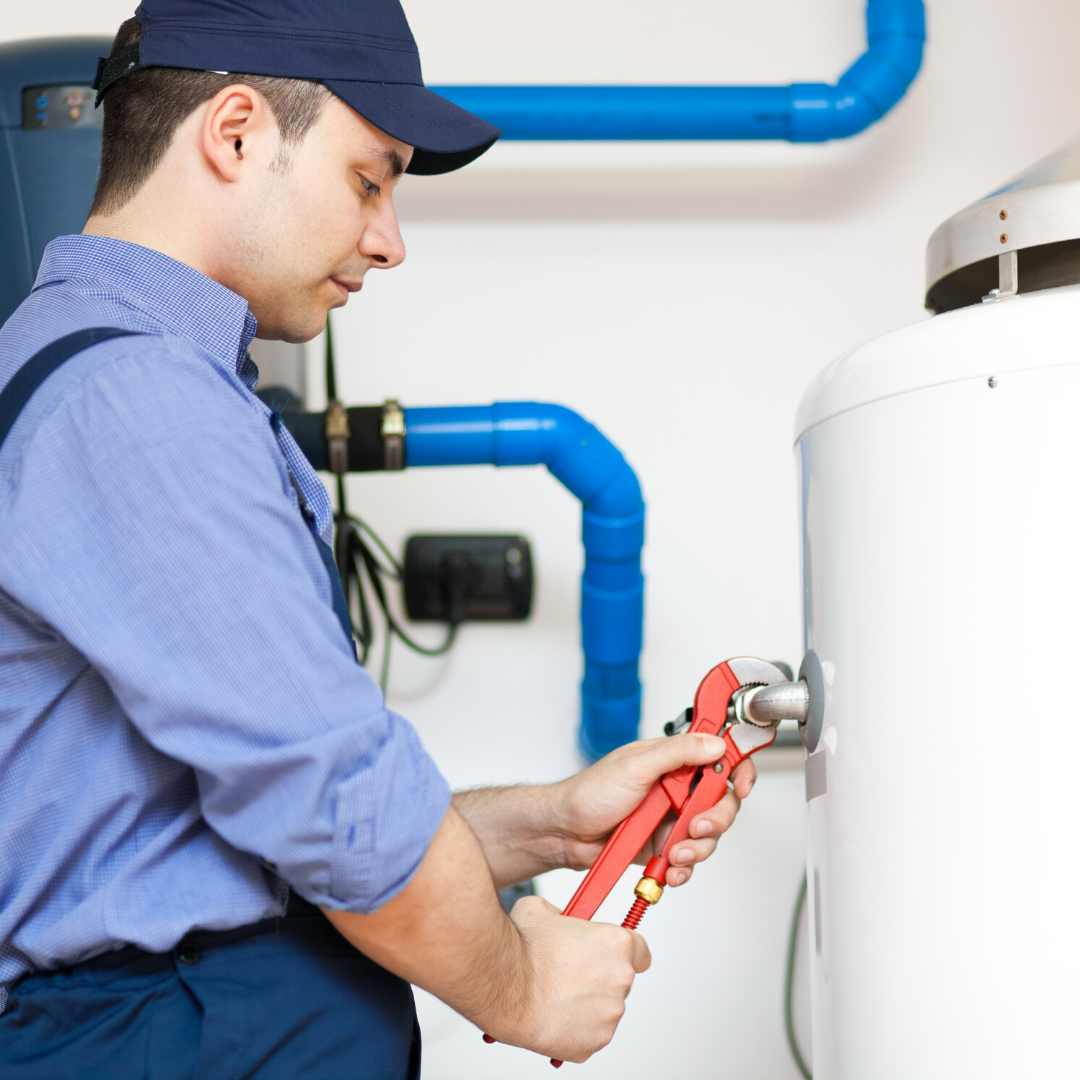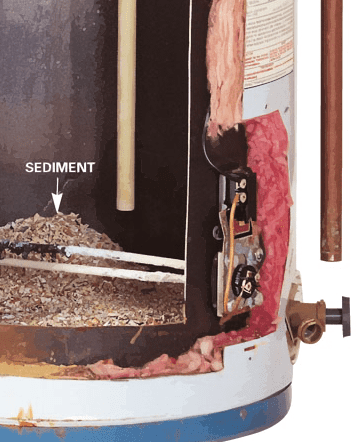They are making a few good points relating to The Importance of Water Heater Maintenance in general in this great article on the next paragraphs.

A hot water heater is one of the most crucial standard home appliances that can be located in a residence. With hot water heater, you do not need to go through the tension of heating water by hand every single time there is a demand to take a bath, do the laundry, or the meals. There is always an opportunity that your water heater would certainly act up as with the majority of mechanical gadgets.
It is essential to keep in mind any little malfunction and also tackle it quickly before points leave hand. Most times, your hot water heater starts to malfunction when there is a build-up of debris as a result of constant use. As a precaution, routine flushing of your water heater is recommended to stop sediment accumulation and also avoid useful failure.
Typical hot water heater emergencies and exactly how to manage them
Leaky water heater storage tank.
A leaking storage tank could be an indicator of deterioration. It can create damages to the flooring, wall surface and also electrical gadgets around it. You might even be at risk of having your house flooded. In this situation, you should turn off your water heater, allow it to cool down, and also meticulously seek the resource of the issue. At times, all you need to do is to tighten a couple of screws or pipe links in cases of minor leakages. However if this does not work and also the leak lingers, you may require to employ the solutions of a specialist for a suitable substitute.
Fluctuating water temperature level.
Your hot water heater could begin generating water of various temperature levels generally ice hot or cold warm. In this scenario, the first thing you do is to ensure that the temperature level is set to the desired degree. If after doing this, the water temperature keeps transforming during showers or various other activities, you may have a faulty thermostat. There may be a need to change either the home heating or the thermostat system of your hot water heater.
Inadequate hot water
Taking care of a not enough supply of hot water can be frustrating. It may be that the hot water heater can not sustain the warm water demand for your apartment. To deal with this problem, you might try to adjust your heating unit's temperature dial as well as wait on a few minutes. If the problem lingers, you can request for the aid of a specialist plumber. You might upgrade your water heating system to one with a larger capacity.
Stained or odiferous water
When this happens, you require to understand if the problem is from the tank or the water source. If there is no funny scent when you run cold water, then you are particular that it is your water heater that is malfunctioning. The smelly water can be triggered by corrosion or the accumulation of germs or debris in the water heating system container.
Conclusion
Some property owners ignore little warning and also minor faults in their water heater system. This just results in additional damages and a feasible full malfunction of your device. You ought to take care of your hot water heater mistakes as soon as they come up to prevent even more expenditures and unnecessary emergency difficulties.
With water heating systems, you do not require to go via the tension of heating water by hand every time there is a requirement to take a bathroom, do the laundry, or the meals. Your water heating system could begin generating water of various temperature levels usually ice cool or scalding warm. It may be that the water heating unit can not support the warm water demand for your apartment or condo. If there is no funny scent when you run cold water, after that you are particular that it is your water heater that is malfunctioning. The odiferous water can be caused by rust or the accumulation of germs or debris in the water heating system container.
Water Heater Burst: Why This Happens And What To Do Next
Water Heater Explosion Warning Signs
Since storage water heaters are made of metal and store large volumes of heated water, they carry an increased risk of leaking or even exploding as they begin to rust at the fittings and seams over time. If the thermostat controlling the water temperature within the tank is faulty, or if mineral buildup inside the water heater prevents the thermostat from sensing the water’s temperature correctly, the water could become overheated. This will expand its volume within the tank, causing it to press at the tank’s fittings and seams. If these fittings and seams are rusted or corroded, the pressure could result in a leak or even an explosion.
Here are some risk factors and warning signs of an increased risk of water heater leak or explosion:
Your water heater is more than 10 years old. Your water heater makes clanking, banging or rumbling noises as it heats up, indicating that sediment has built up and hardened inside the tank. There is visible rust on the outside of the water heater, especially located at the pipe fittings or the seams that run down the tank. There is rusty water coming from your water heater, indicating that there may be rust building up inside. Your water heater is leaking, which could indicate either a crack somewhere in the tank or a malfunctioning temperature-and-pressure (T&P) relief valve. What To Do When Water Heater Leaks
If you find water dripping or seeping out of your water heater, or pooling around it, it means your water heater is leaking. If you find a leak, it may be best to call a plumbing professional to diagnose the problem and determine how best to handle it. If you choose to tackle it on your own, there are a few things you can do.
TURN OFF THE POWER
Next, shut off the power to the hot water tank at your home’s electrical breaker box. If you don’t shut off the power, the heating elements within the tank could continue to stay hot, which could pose a fire risk.
If you have a gas-powered water heater, you’ll also need to shut off the gas line leading into the tank.
FIND THE LEAK
Now it’s time to determine where the leak is coming from. Likely locations are the T&P valve, the drain valve or one of the pipes or fittings that feed into the top of the tank. If you see any rust or corrosion on the outside of your water heater’s tank, pipes or fittings, these could also be the source of the leak.
REPAIR THE LEAK
Once you determine the source of your water heater leak, you’ll have a better idea of what steps you need to take to fix the problem. It may be a simple fix—such as using a wrench to tighten fittings or replacing the T&P valve—but it may be something more complicated. You may even need to drain the tank, remove the water heater and install a new one.
https://www.abchomeandcommercial.com/blog/water-heater-burst/

I'm very involved in Is Your Water Heater Leaking? and I'm hoping you enjoyed reading the entire page. Sharing is caring. One never knows, you may very well be helping someone out. I am grateful for your time. Visit again soon.
Go Deal